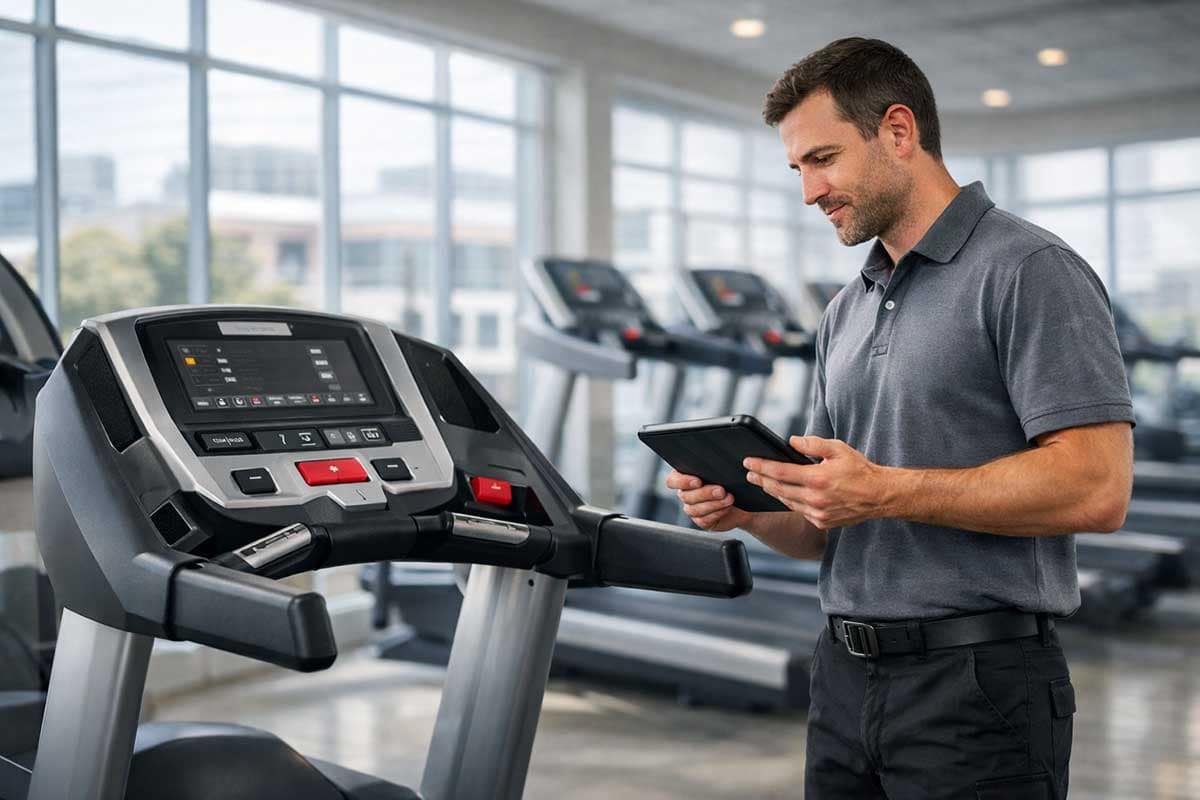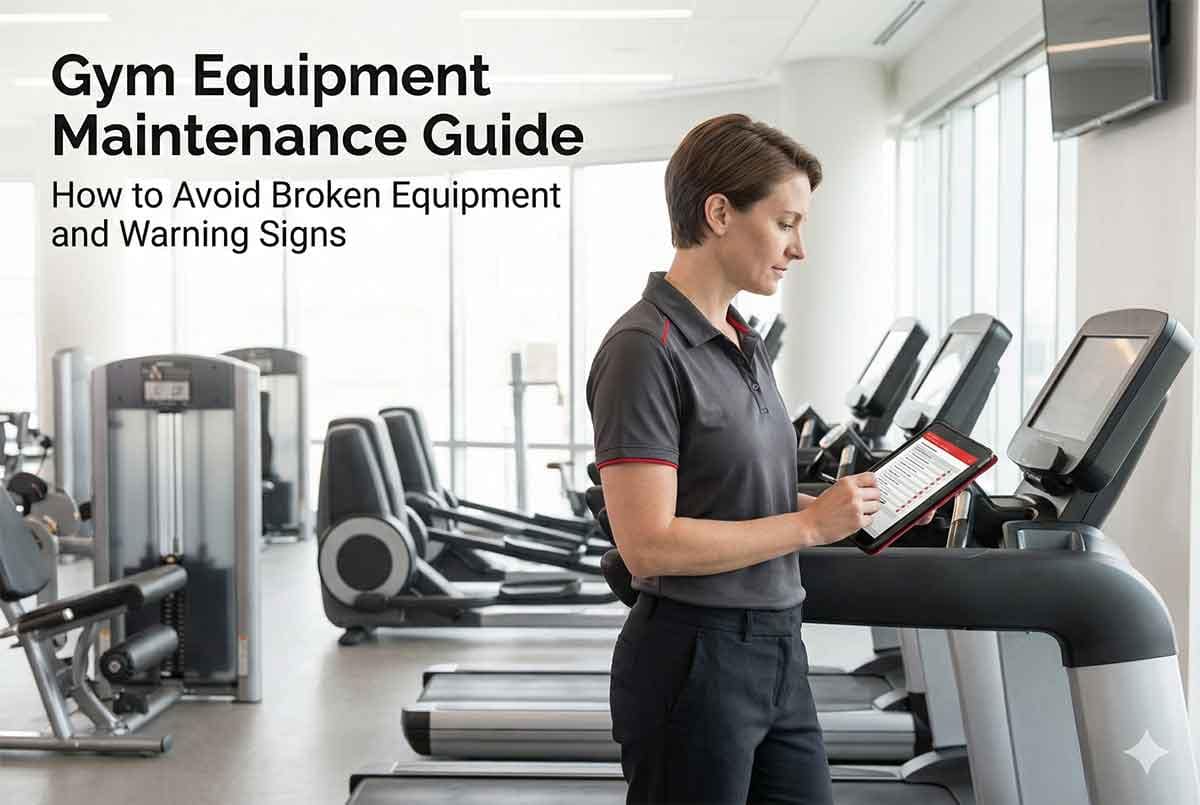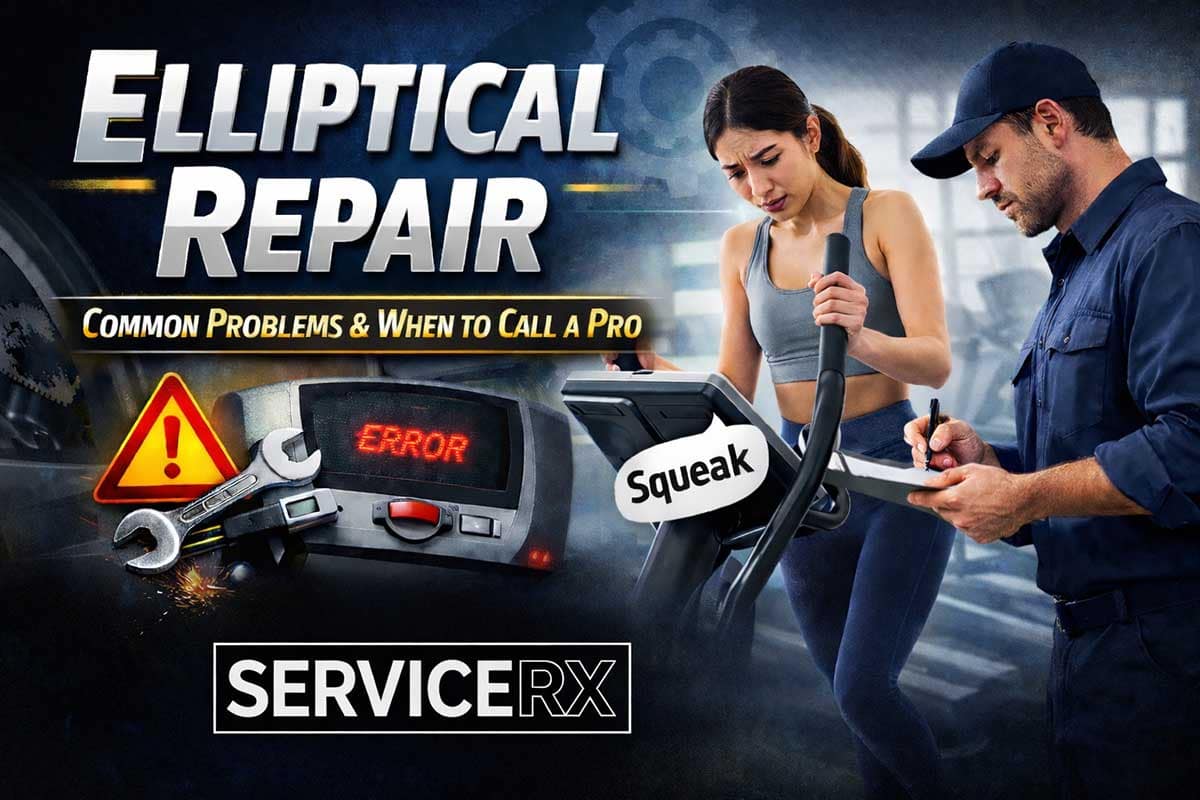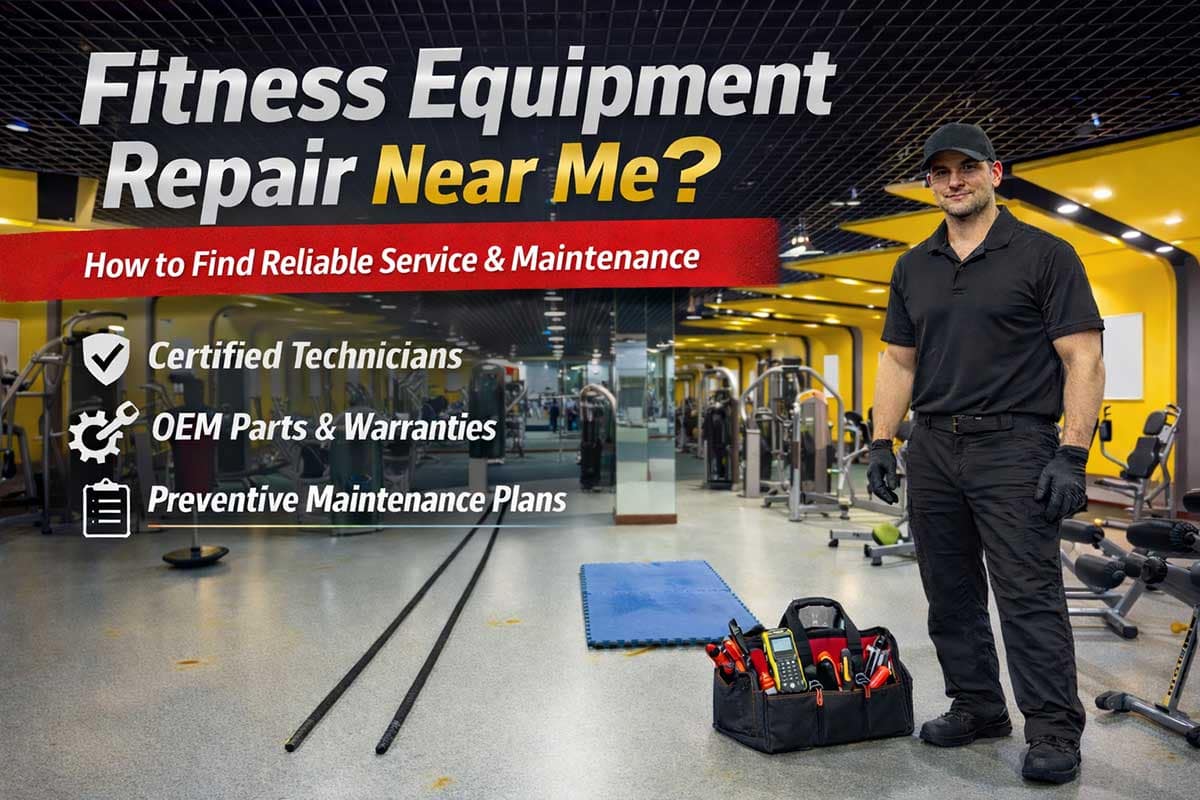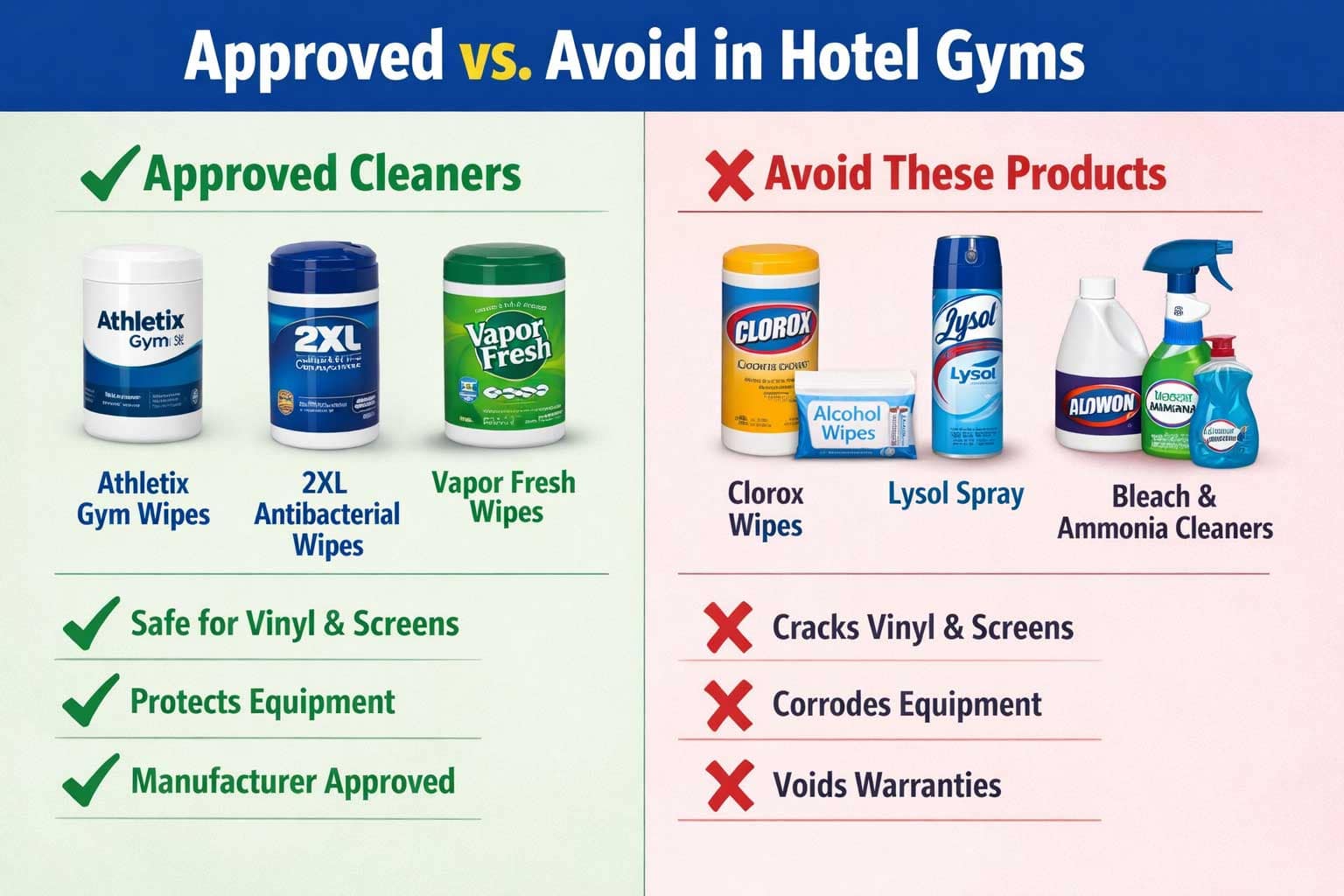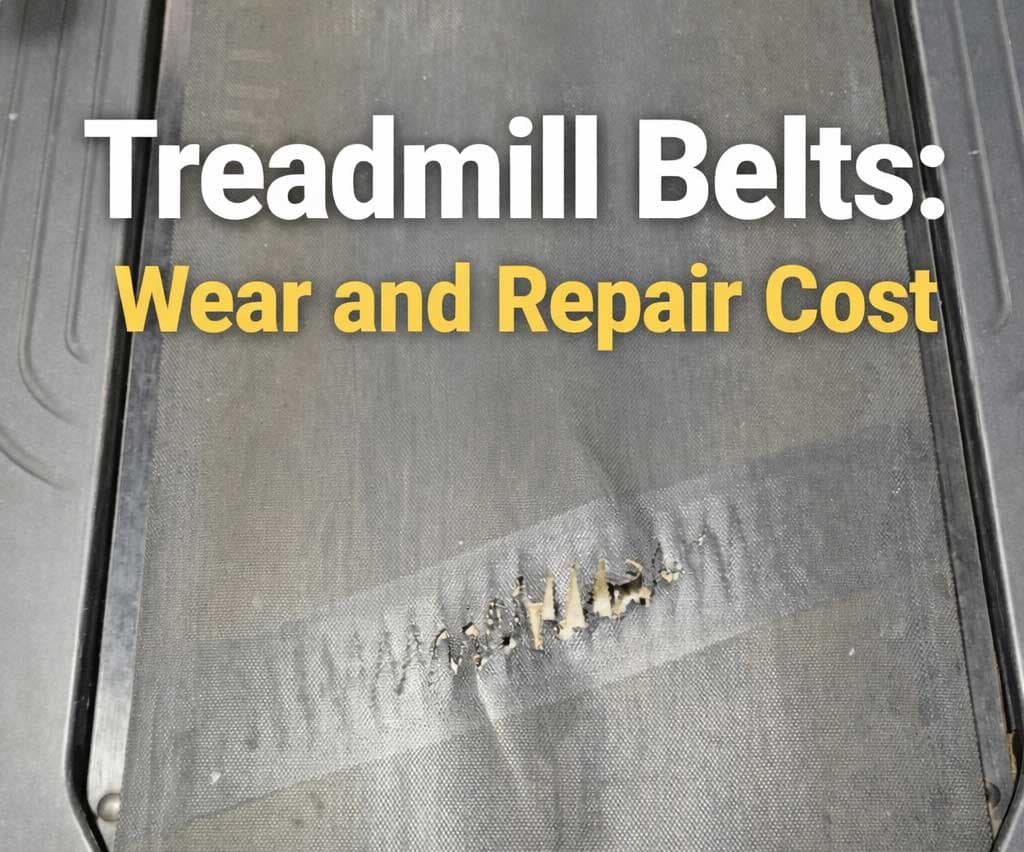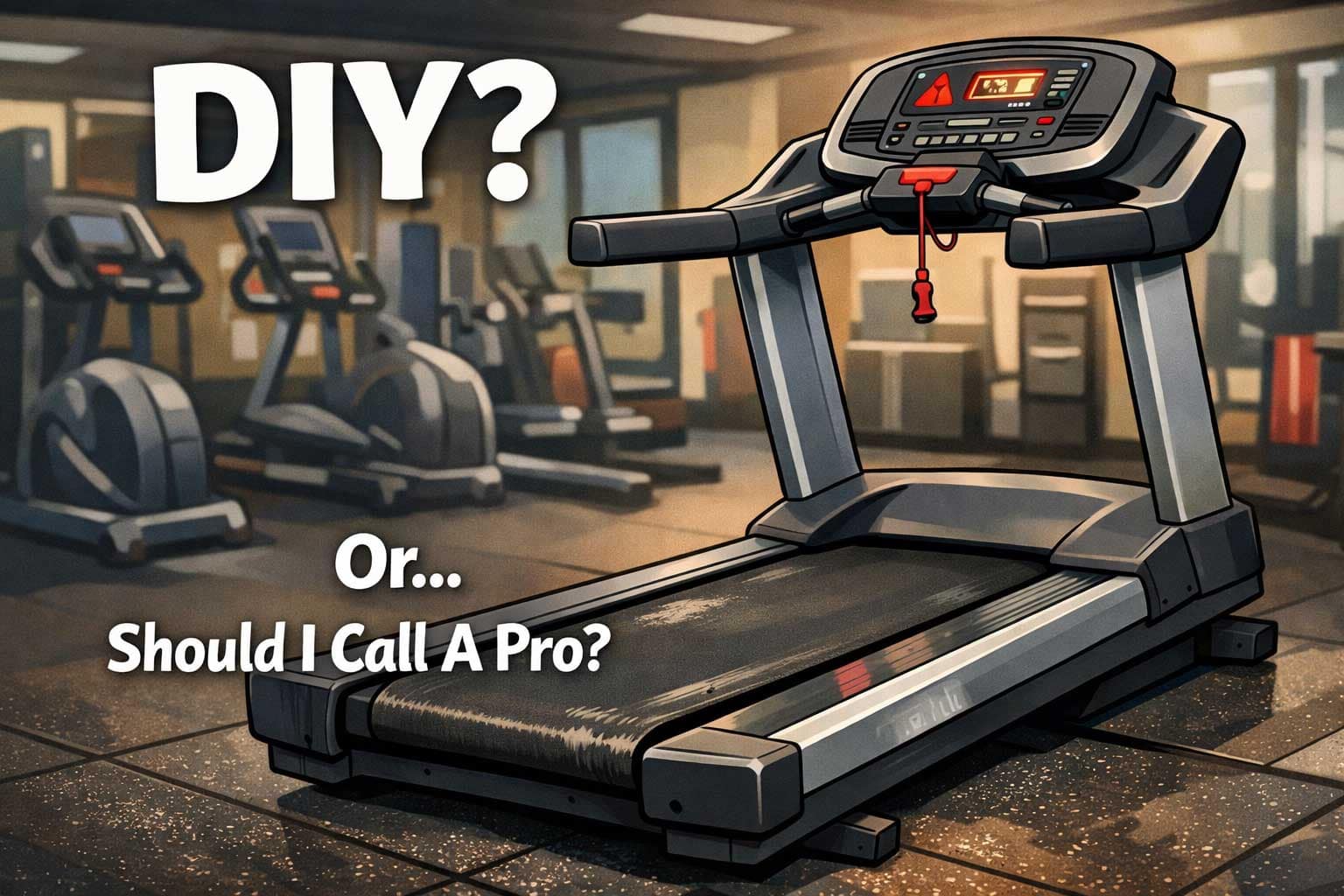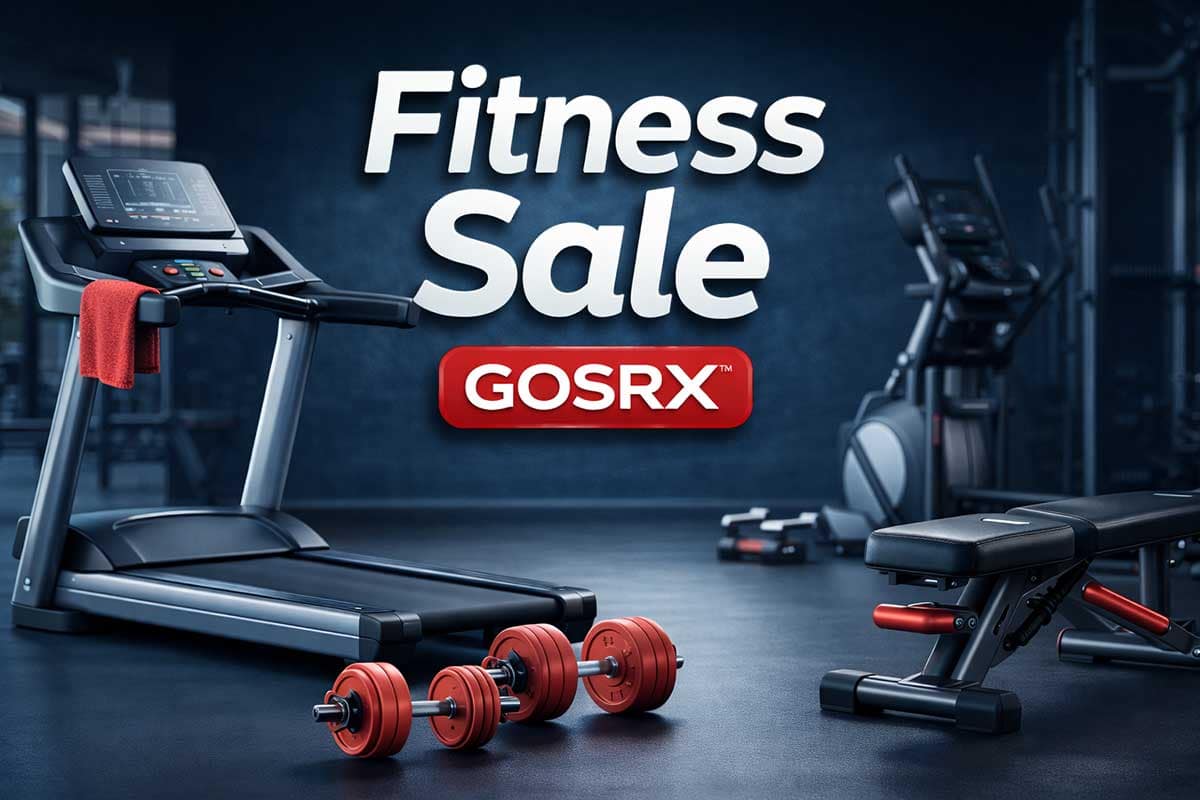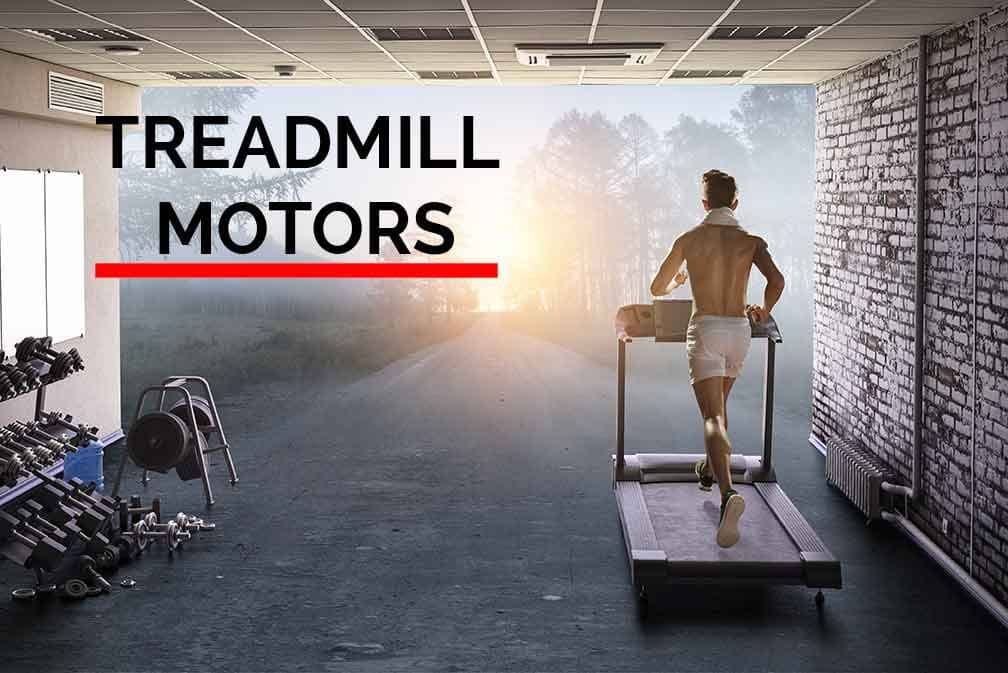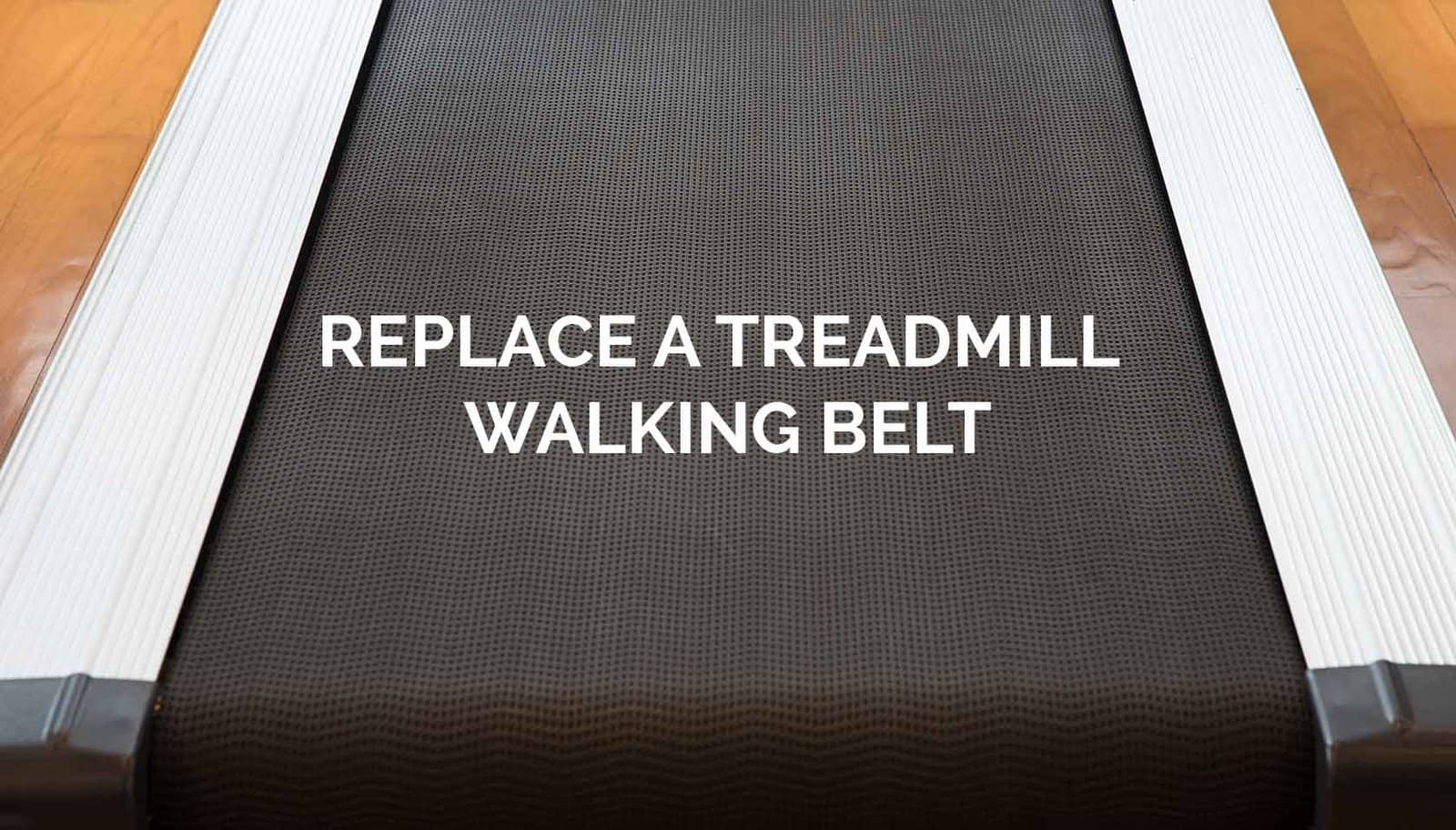What is Considered a Commercial Setting?
A commercial setting that should use a commercial treadmill is any space that is commonly open to the public. That means multifamily housing, community centers, hotels, and even personal training studios. A commercial setting sees a high volume of users and heavy, consistent use of equipment like treadmills.
Let’s give an example. To be clear we are not picking on iFit and the Nordic Track line. It is simply easy to use as an example because even the model of the treadmill says “commercial”. The Nordic Track Commercial 2450 is a residential treadmill. The model is designed for residential use only. This fact is clearly stated on Nordic Track’s website’s Limited Warranty statement: “This warranty will automatically be voided by the following conditions: (5) if the product is used for commercial or rental purposes. You can have a residential treadmill at home or in your office. If it is at your office, it is for your use. Not the use of the company fitness center.
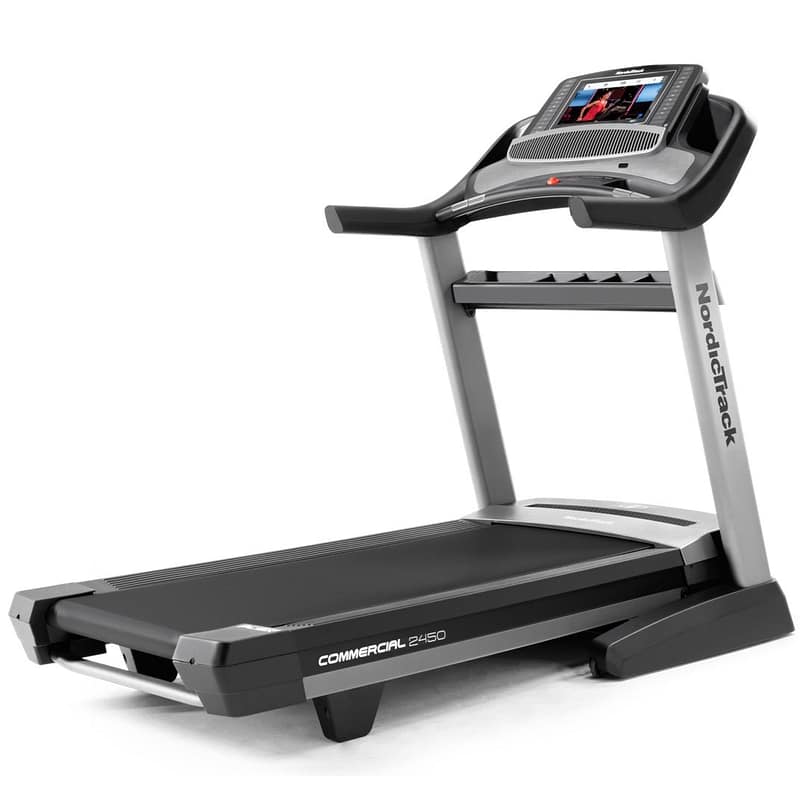
Key Differences Between Residential and a Commercial Treadmill
There are several key differences between residential and commercial treadmills that impact their durability, features, and pricing.
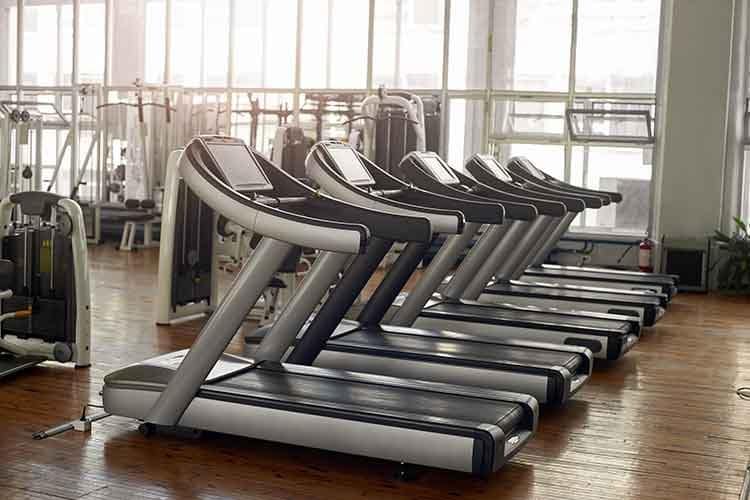
Durability
Commercial fitness equipment is built with heavy-duty frames, high-powered motors, and durable components that can withstand hours of use by many users per day. Residential fitness equipment typically have lighter frames, less powerful motors and lighter overall construction better suited for intermittent home use of 1-3 hours per day by 1-3 users.
Features
Commercial treadmills offer more robust programming and workout options better suited for gym settings. This includes built-in workout programs, speed and incline controls that support high-intensity interval training (HIIT), and compatibility with gym management software. Residential models have limited built-in workouts and less intense speed/incline options.
Price
The heavy-duty construction and advanced features of commercial treadmills make them significantly more expensive than residential models. They can cost $4000-$6000 + while quality residential models run $1000-$3000.
Usage Rating
Residential treadmills have a usage rating of 1-3 hours per day. Light commercial models are rated for 3-6 hours of daily use. Heavy-duty commercial treadmills are rated for more than 6 hours of daily use.
Legal and Warranty Considerations
Using a residential treadmill in a commercial setting can lead to legal issues and voided warranties if injuries occur or the equipment fails prematurely.

Injuries
If an injury occurs on a residential treadmill in a commercial facility, improper equipment usage could be a liability. Plaintiffs could claim negligence for not using commercial-grade equipment rated for that environment.
Voided Warranties
Residential treadmill warranties are voided if used commercially. Repair costs for premature failures due to overuse would not be covered.
Premature Failure
The high usage of a public setting will likely cause a residential treadmill to malfunction sooner than expected.
Benefits of Investing in Commercial Grade Treadmills
Spending more upfront on commercial treadmills offers several benefits:
- Withstands high traffic and hours of use without breaking down
- Advanced features better suit the gym/training environment
- Covered by warranty when used properly
- Safer and more effective for heavy and intense use
- With preventive maintenance, commercial treadmills last 5-10 years
Preventive Maintenance Extends Lifespan
Having a regularly scheduled preventive maintenance program by qualified technicians provides:
- Early detection of potential failures before they occur
- Ability to repair and replace worn parts before complete failure
- Increased lifespan of equipment with proper care
- Documentation of proper maintenance for warranty claims
Regular maintenance is the key to getting the most value out of a higher ticket investment.
Conclusion
When choosing a treadmill for a commercial environment, it is important to consider the type of use the treadmill will receive and the features that are important to you. While residential treadmills may be less expensive upfront, they are not built to withstand the heavy use and wear and tear of a commercial setting. Investing in a high-quality commercial-grade treadmill, paired with regular preventive maintenance, provides the safety, durability, and advanced features necessary for a commercial facility. This ensures you can provide an efficient and effective workout experience for all users.

